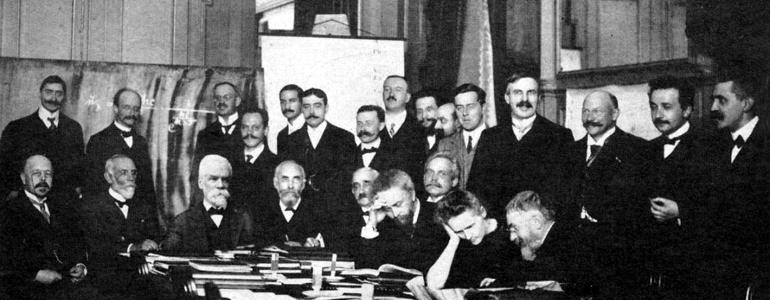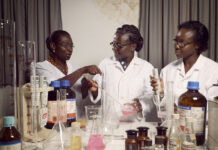Science meetings should be more than a space for self-promotion and dullness.
No more room for bad talks
Probably you have noticed that there is no room for bad talks at scientific meetings anymore. Where did all the average, or even the plain good, talks go? You only ever hear of “great” presentations.
The talk ends, here comes the first question: “thanks for the excellent presentation…” The second question: “thanks for the great presentation…”
Three quarters of the audience were bored to death, but it was an excellent talk. Half of the participants had no beeping idea of what that grey-suited guy was talking about, but what an amazing presentation.
Are all scientific presentations that good, sorry I meant: that excellent?
Seriously, there must be a mean level of quality. After all, eminent scientists can be crappy speakers, and eloquent speakers are not always a reflection of their contributions to a research field. Therefore, we should start hearing fewer “thanks for the excellent presentation” nuisance and more of old-fashion questioning and answering. Scientific meetings are becoming the ground for banal exchanges of mutual validation.
Too much pop, a little more rock please
Hey, but as much as we enjoy an excellent presentation, let’s not forget all those first-rate questions from the audience.
“That’s a good question!” Says the academic prophet and even the mortal student at the podium. Suddenly, I hear so many good questions that I am also starting to wonder: “Where did all the bad questions go? What about the pointless questions? The “I know it too” questions? The questions to make sure that your colleagues or the speaker notice your attendance? What about some Marx Brothers or Cantinflas style of questions?” I miss those types of questions.
But wait a second; they are still with us. I hear them all the time! Or maybe this is just scientists being sarcastic. “Thanks for the excellent presentation, I was bored out of my skull, here is my question”. Or, from the side of the speaker: “ah that is a good question, and could you please stop behaving as if you were clueless?”
I want a little more no-nonsense attitude, and even wittiness, in scientific conferences. A little less self-marketing and crowd-pleasing statements please. Too many Taylor Swifts and Ed Sheerans in the crowd and at the stand of scientific research. We need many more Joe Strummers, Noel Gallaghers, Patti Smiths and Johnny Rottens of science.
OK, maybe you are right, just a few Johnny Rottens in science will suffice.
Or perhaps this is a well-intentioned effort to be kind and polite to each other. Do not get me wrong. Being nice is good. I mean excellent. But, nah, during coffee breaks I have heard plenty of frank opinions about presentations (and their accompanying questions!).
Excellent is the new average
We are in the age of excellence, in which almost everything is ground-breaking. Excellent is the new average.
These are times when sounding like you are right is more important that doing the right thing. But doing and saying the right thing means expressing something in an honest way. The problem is that intellectual honesty sometimes hurts: other people’s egos and possibly your own career prospects.
These are the days of fantastic. These seem to be times when having an opinion automatically makes you an expert, a visionary.
Everything is disruption without even making a splash.
Old are the days of average, heart-felt disagreement and intellectual discomfort. Maybe gone are the days when average was common, good meant good, and excellent was the tail of the statistical distribution. Excellent was not the average.
[su_lightbox src=”https://www.youtube.com/watch?v=IzPcu0-ETTU”]Edward O. Wilson[/su_lightbox], one of the world’s most admired scientists, advised young researchers that “the greatest proportion of moral decisions you will be required to make is in your relationships with other scientists”1. And indeed this is a vital challenge, not only because science is above all a social networking endeavour, but also because an awareness of this reality may regrettably lead us to over-emphasize the importance of looking or sounding good to others.
And perhaps it is such an anxiety to find a cosy place in the nest of consensus among “peers” that is creating so much delusion.
We need to re-discover average, good and could-be-better. We can do it sincerely, kindly and with rational purpose. Only this way we will be able to spot the truly great.
Source:
1 Edward O. Wilson (2013). Letters to a young scientist Choice Reviews Online, 51 (02), 51-51 DOI: 10.5860/CHOICE.51-0846
This article was written by:
Francisco Azuaje, Senior Researcher at Luxembourg Institute of Health (LIH)





